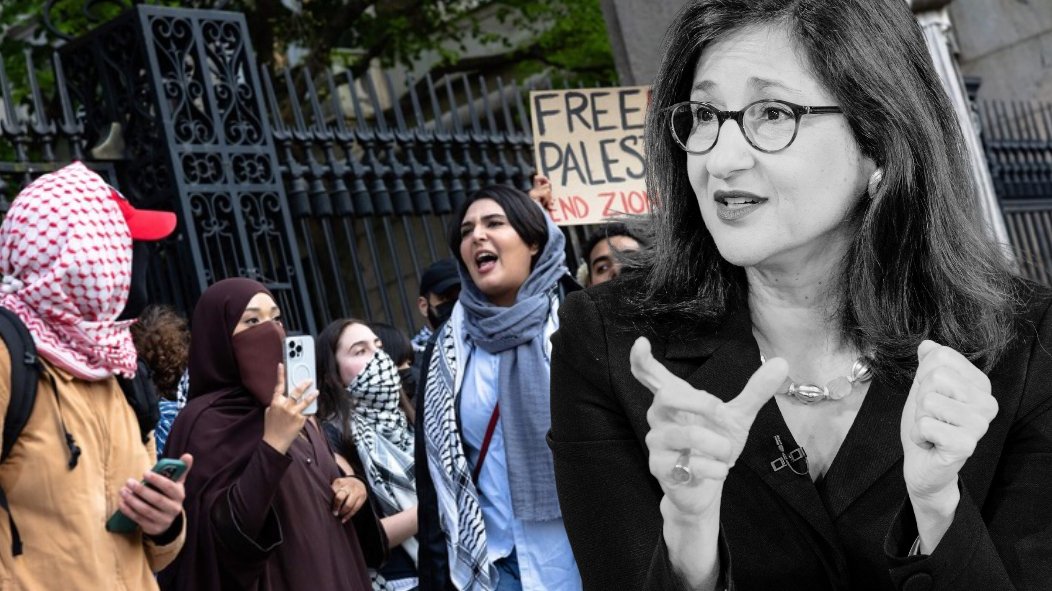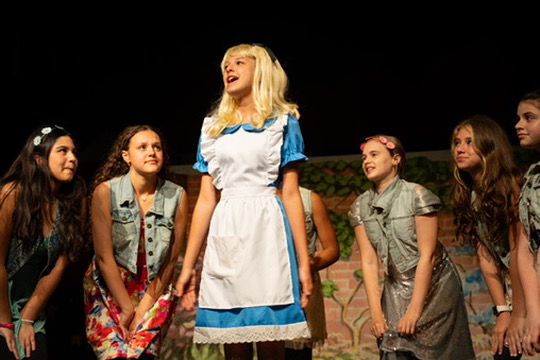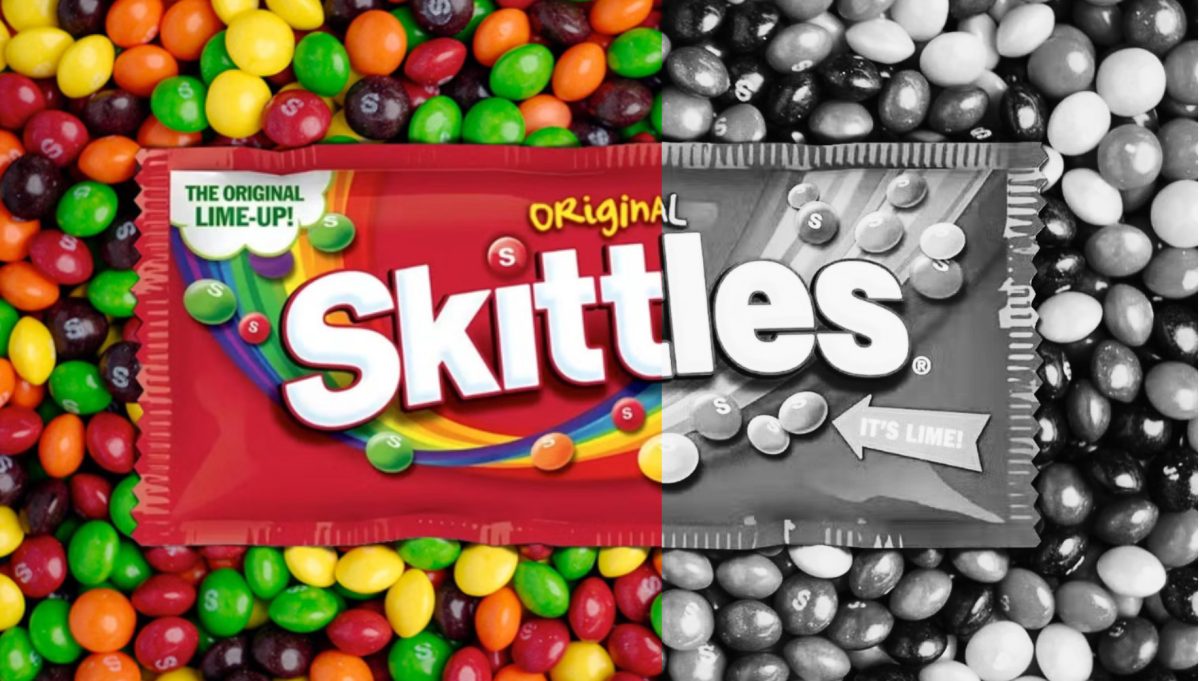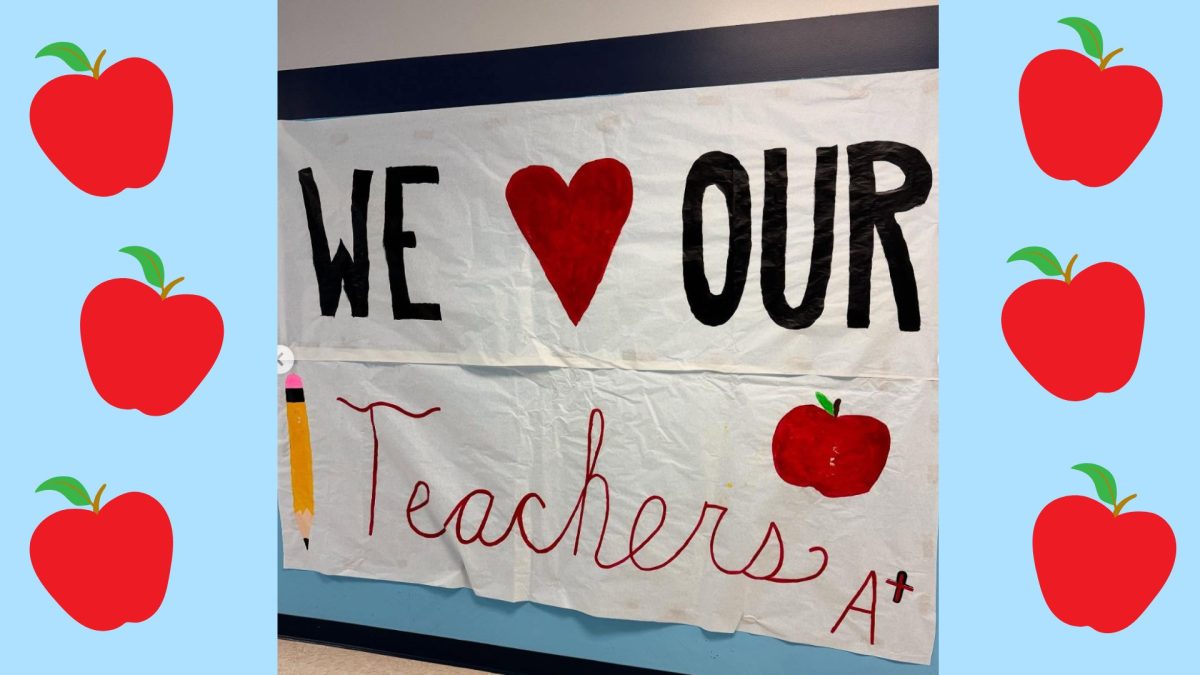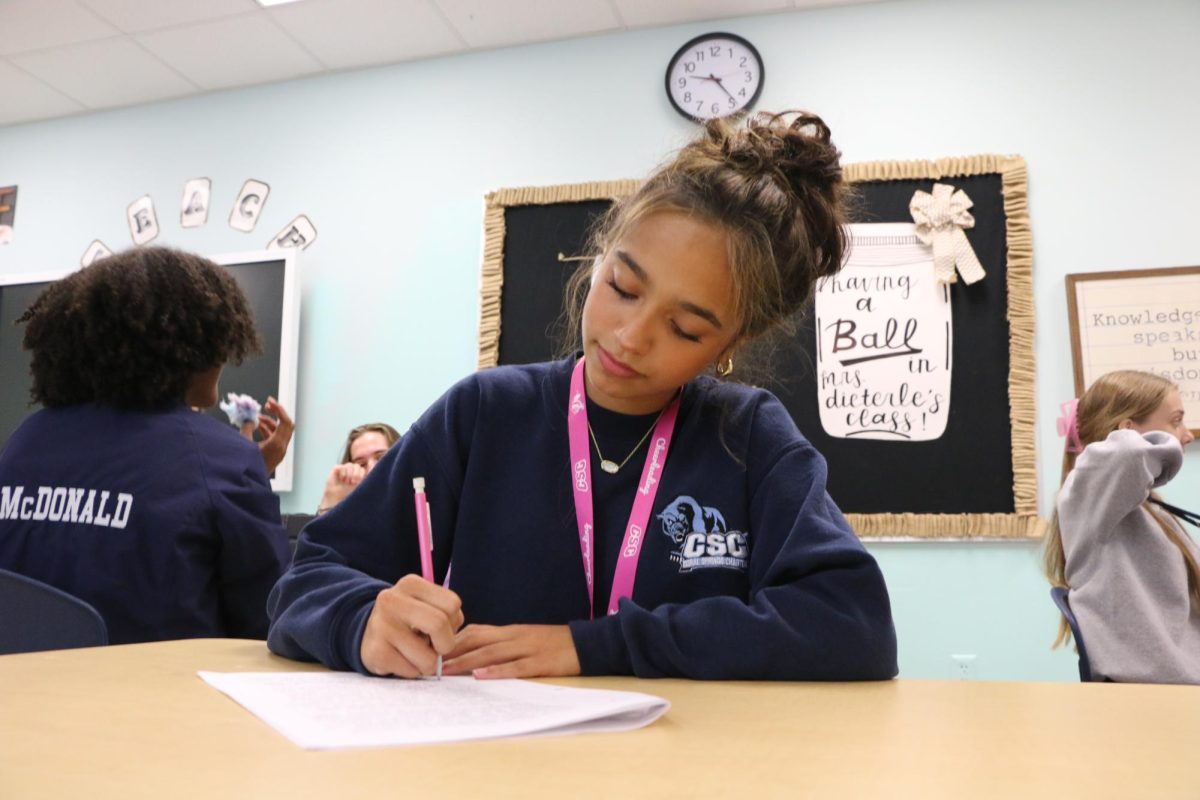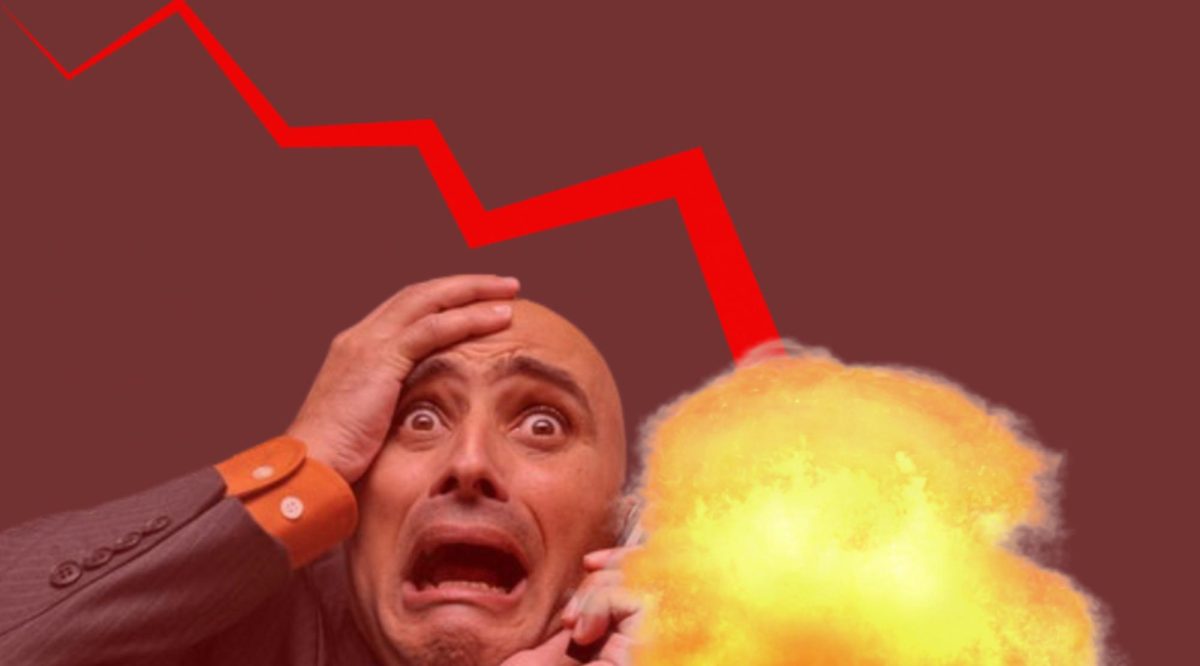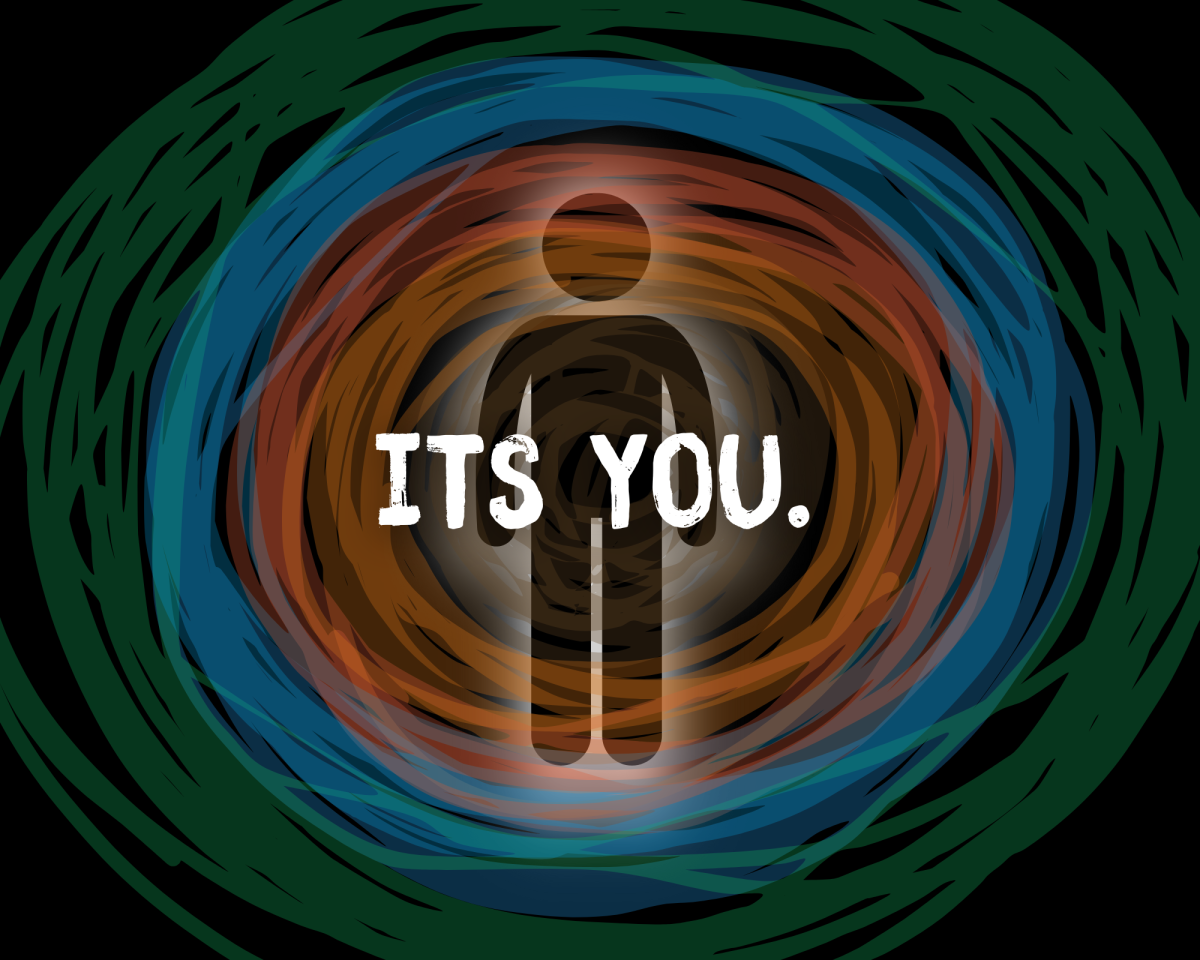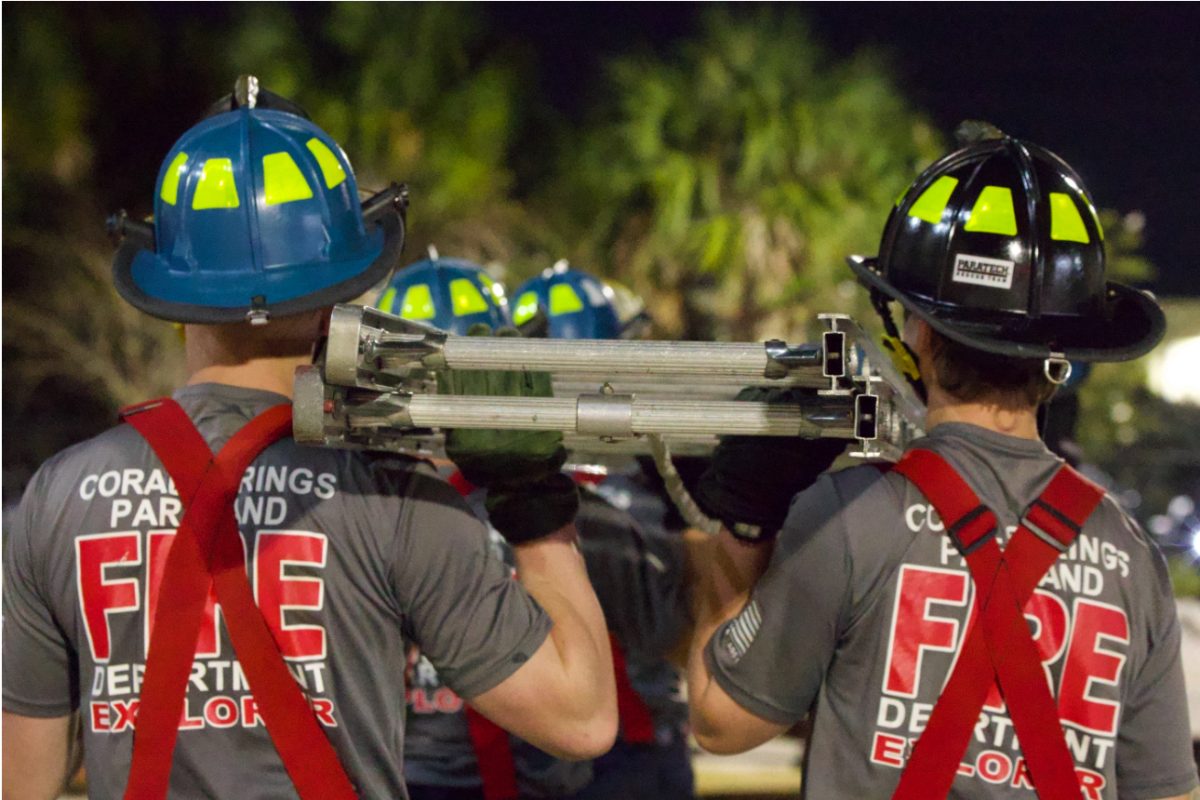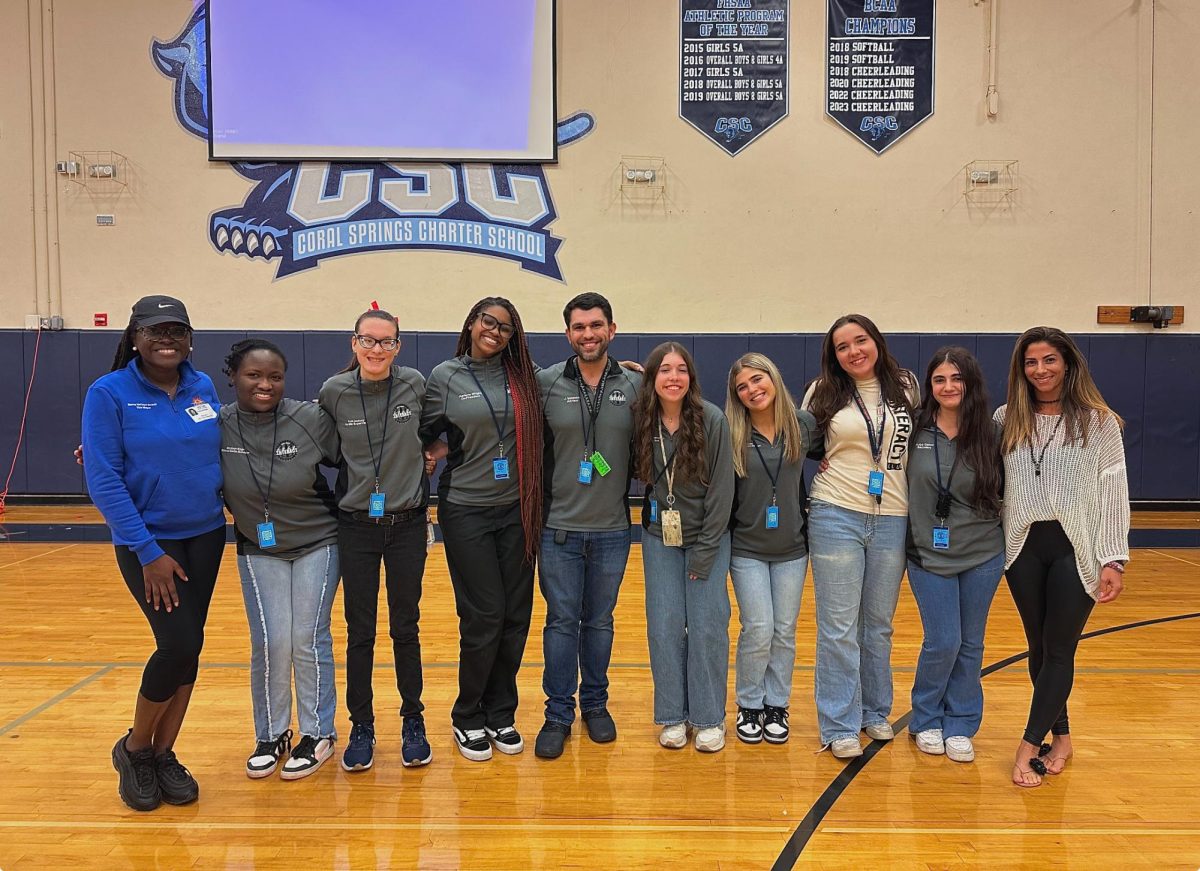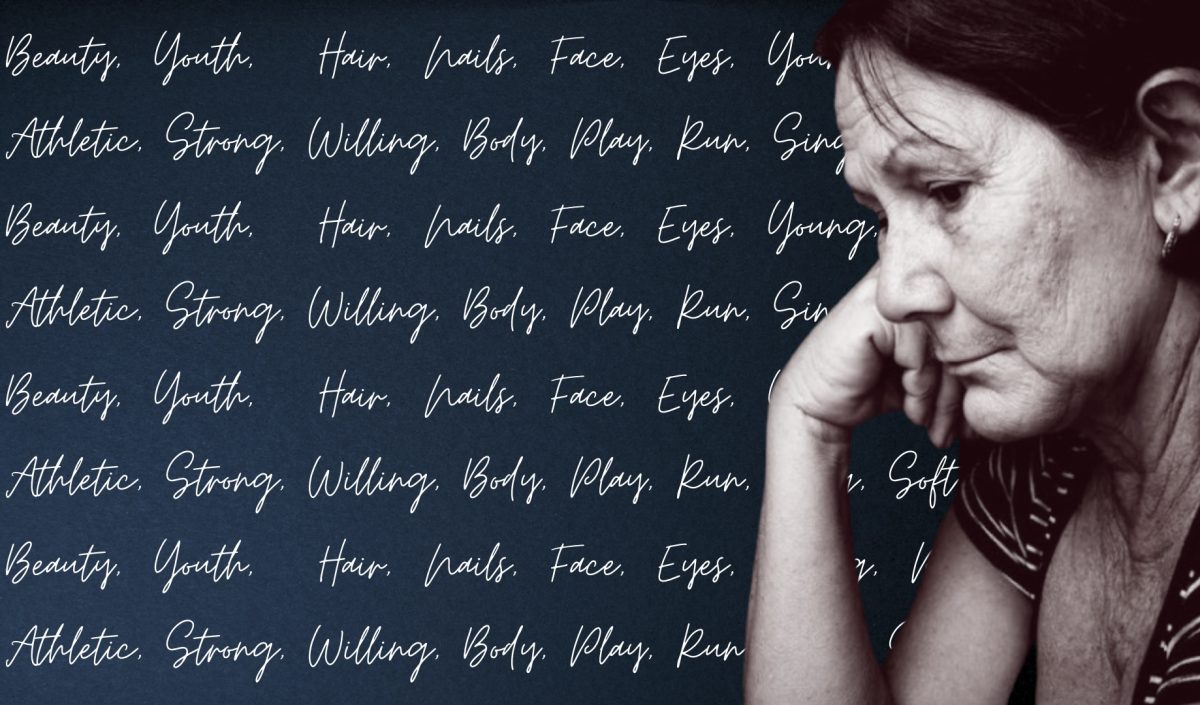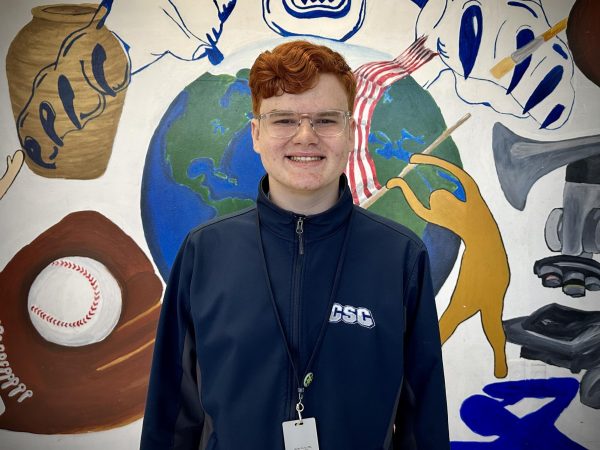As the war between Palestine and Israel continues to escalate, support for the Palestinians continues to grow among the American populace. On April 17th, students from the Columbia University in New York set up an encampment on campus in protest as a response to the president of the university, Minouche Shafik, being called for questioning in Congress for accusations of not doing enough to combat the rise of anti-semitism on campus. The next day, on April 18th, police were called onto the campus to disband the encampment and had 108 protestors arrested, including the daughter of Representative Ilhan Omar. According to the Associated Press, these arrests gained, “national attention and inflamed college protests nationwide.” This protest led to colleges nationwide having their own encampments and protests set up to call for peace for the Palestinians.
On April 22nd, as the Columbia University canceled its in-person classes, a new encampment at New York University attracted hundreds of protestors in its crowds. The police were called to the encampment by NYU officials and arrested dozens of protestors, with even more being reportedly arrested at Yale University from protests happening there. President Joe Biden addressed the protests and, according to the Associated Press, “condemns ‘those who don’t understand what’s going on with the Palestinians.’”
The Columbia University released a midnight deadline on April 24th for the protestors to vacate the encampment, and some don’t listen to the deadline. The protestors have made a clear message of pressuring the University to cut its subsidies with Israel or any supportive companies. Meanwhile, police at the University of Texas and the University of South Carolina arrest even more protestors. The police in South Carolina had made the arrests peacefully, but the police at the University of Texas had, according to the Associated Press, “Aggressively clash with the protestors” and “Hundreds of local and state police — including some on horseback and holding batons — pushed into protesters, at one point sending some tumbling into the street.”
Since these events, the protests have only escalated nationwide, with more arrests taking place and more encampments being set up in universities all over the country. On May 23rd, hundreds of Harvard graduates walked out of their own graduation ceremony, chanting “Free, free Palestine” as they walked. And until these institutions decide to take any action regarding their relationship with Israel, whether positive or negative, these protests are only going to escalate even more.
These protests have not been the only times in American history where large gatherings and encampments of protestors took hold around universities in order to further push their message or pressure the university directly. In the 1970s, the exact same thing happened with students protesting the Vietnam War, and the police presence was also similar with a lot of protestors getting arrested or in one case; killed. The Kent State Shooting was an event where the Ohio National Guard shot at a group of unarmed college students protesting the Vietnam War, 9 were wounded and 4 were killed in the shooting. The event sparked outrage that caused the anti-war protests to escalate and spread even more.
These types of protests are nothing new, and if history is to be repeated, it could get more violent and dangerous for the protestors as the police will have to get more desperate, which could potentially lead to another massacre if it gets too difficult to contain. These universities and institutions need to start having actual talks with these protestors to actually try and get things done instead of just sending the police to arrest them. Because persecution doesn’t quell a group of protestors, it only makes their drive to keep protesting stronger.

